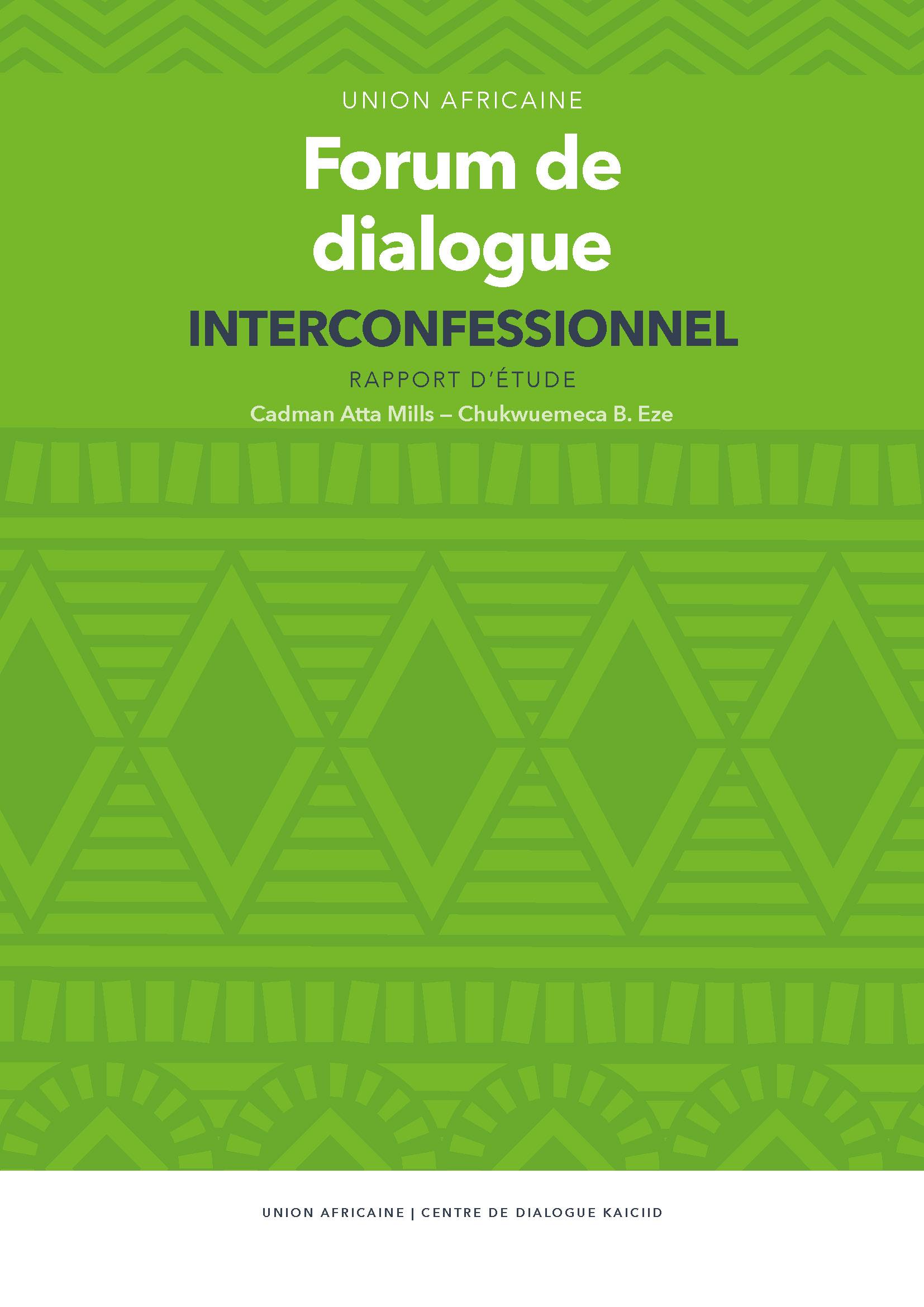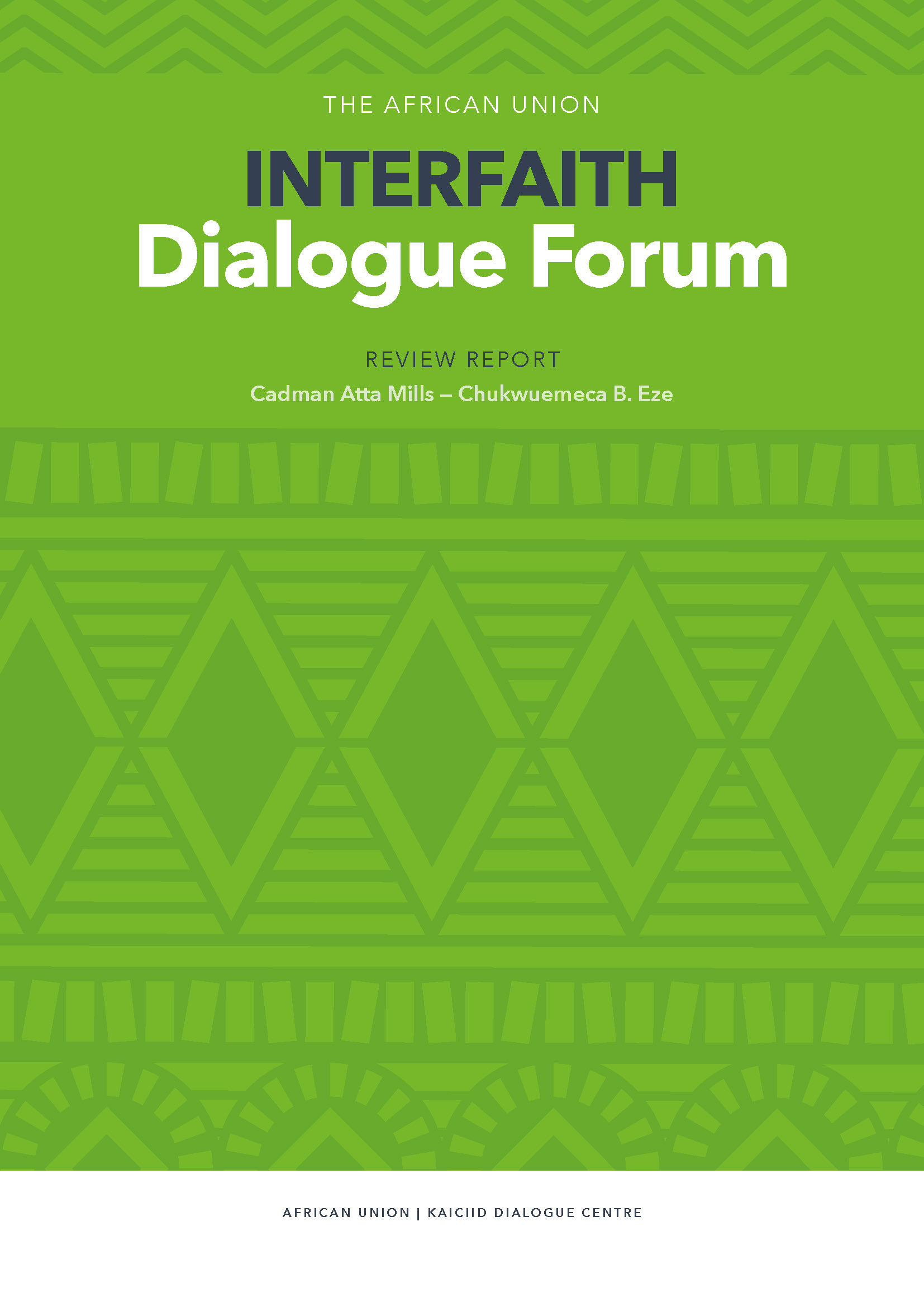Union Africaine Forum de Dialogue Interconfessionnel Rapport d’Étude (FR)
Union Africaine Forum de Dialogue Interconfessionnel Rapport d’Étude (FR)
The African Union Interfaith Dialogue Forum Review Report (AU-IFDF) (EN)
The African Union Interfaith Dialogue Forum Review Report (AU-IFDF) (EN)
2024 Dialogue 360 Programme
2024 Dialogue 360 Programme:
Interreligious Platform for Dialogue and Cooperation in the Arab World
Celebrating Women at KAICIID: A Commitment to Empowerment and Progress
This International Women's Day, The International Dialogue Centre - KAICIID stands in solidarity with the global theme for 2024, "Invest in women: Accelerate progress" by spotlighting its commitment to gender parity and women empowerment both within the organization and through its
KAICIID Hosts Pivotal 2024 Spring Leadership Meeting in Lisbon: Shaping the Future of Sustainable Development through Interreligious Dialogue
Bridging Faith and Development: In the picturesque city of Lisbon, from February 27th to 29th, 2024, the International Dialogue Centre – KAICIID,


